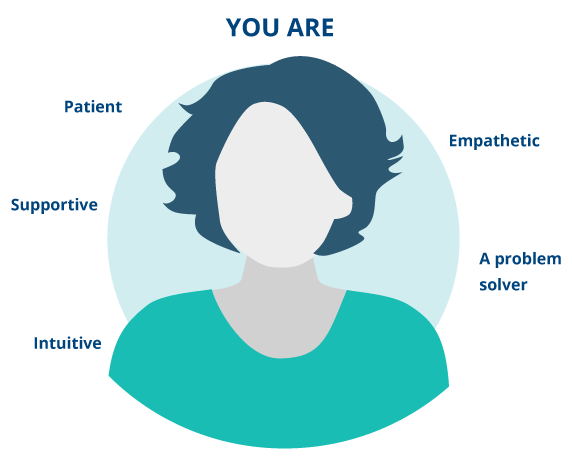School Psychology
Education and Careers
Kids have busier lives than ever before. Some of them face additional challenges at home, with friends, or in their studies. School psychologists can help, with their patient, caring nature. Their main mission: to help students navigate their formative years with confidence.
What School Psychologists Do

Sometimes schoolkids need more support than they can get from their school counselor. That’s where school psychologists come in.
School psychologists work with students at all levels, from elementary school to college. They are advocates for students’ well-being, and are a valuable resource for their educational and personal development.
They help students work through issues such as bullying, disabilities, low self-esteem, poor academic performance, social anxiety, problems with authority, or problems at home.
School psychologists may do one-on-one therapy with students, or work in groups with family members or peers to understand and overcome psychological problems.
Skills You Need

Learn which personality traits and professional skills you’ll need to be a successful school psychologist.
You should have…
- Motivational skills
- Good communication skills
- Goal-setting skills
- Clear boundaries
- High ethical standards
How to Become a School Psychologist
Most states require that their school psychologists hold a master’s degree in psychology, school psychology or counseling, or a specialist degree (EdS) in school psychology. They’re also expected to complete a supervised internship and pass the National School Psychology Examination. Licensing and certification guidelines for school psychologists vary by state. Make sure to check the guidelines in your state before you start your studies.
1
Earn a Bachelor’s Degree
First, earn an undergraduate degree with a psychology major. However, this is just the first step because you’ll also need a graduate degree.
2
Earn a Master’s Degree
A master’s degree in psychology or an EdD is the next step. Here you’ll deepen your knowledge, and get theoretical and hands-on experience.
3
Finish Supervised Work Experience
School psychologists need to do a practicum and a supervised internship, and in some states, have a year or two of work experience in schools.
4
Pass the Appropriate Exams
Some states require school psychologists to take the Praxis II for school psychologists, and sometimes a state jurisprudence exam.
No matter if you choose an on-campus or online education program—and there are quite a few accredited online schools that offer master’s degrees in school psychology—if you want to take advantage of federal financial aid resources for your online courses, you should make sure to choose a school and program that are accredited.
You can also advance to more scientific roles with a doctorate. These practitioners use assessment and consultation in order to help children of all ages and from all cultural, ethnic, and socioeconomic backgrounds. There are generally two approaches to choose from: the science/scholar path, which focuses on research, measurement, and statistics; and the practitioner, who uses evidence-based assessment and intervention principles.
Salary and Job Growth
School psychologists may earn a good salary. But salaries may vary based on location, years of experience, setting, and other factors says U.S. Bureau of Labor Statistics 2023 data. Here’s how they compare to other psychologists’ median annual salaries.

$147,420
Organizational Psychologists

$84,940
School Psychologists

$92,740
General Psychologists

$117,750
All Other Psychologists
Employment of school psychologists is expected to grow 1.3%, or as fast as average, through 2032 says the BLS. National long-term projections of employment growth may not reflect local and/or short-term economic or job conditions, and do not guarantee actual job growth.
Job Growth
1.3%
Related Occupations
Here are some other fields you might like if school psychology isn’t exactly what you’re looking for:






